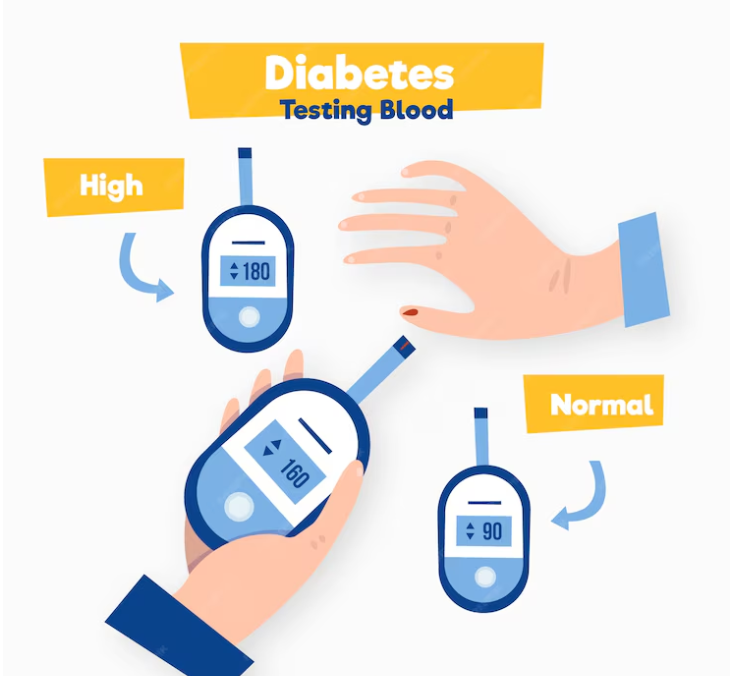
The Role of Hormones in Understanding the Basics of Type 1 Diabetes
Introduction to Type 1 Diabetes
Type 1 diabetes is a chronic condition that affects how the body manages blood sugar. Learning the basics is essential for effective management.
This blog explores the role of hormones in Type 1 diabetes and provides an overview in simple terms.
What Is Type 1 Diabetes?
Type 1 diabetes is an autoimmune condition. The immune system mistakenly attacks insulin-producing cells in the pancreas. Insulin is a vital hormone that helps move glucose into cells for energy. Without enough insulin, glucose builds up in the bloodstream, leading to high blood sugar levels.
The Role of Hormones in Type 1 Diabetes
Insulin and Its Importance
Insulin, produced by the pancreas, plays a central role in managing blood sugar. In Type 1 diabetes, the immune system destroys the pancreas’ insulin-producing beta cells. This destruction leads to an insulin deficiency, disrupting blood sugar regulation.
How Hormonal Imbalance Affects the Body
Without enough insulin:
- Glucose cannot enter cells to provide energy.
- Blood sugar levels remain high.
- The body begins to show symptoms like increased thirst, frequent urination, fatigue, and weight loss.
Common Symptoms of Type 1 Diabetes
- Increased thirst: Often an early sign of high blood sugar levels.
- Frequent urination: Caused by the body trying to flush excess glucose.
- Fatigue: Results from the inability of cells to access energy.
- Unexplained weight loss: Occurs as the body breaks down fat and muscle for energy.
Conclusion
Understanding Type 1 diabetes and its hormonal aspects is critical for effective management. By recognizing the importance of insulin and its role in blood sugar control, individuals can work with healthcare professionals to create personalized treatment plans. With proper insulin therapy, a balanced diet, regular exercise, and consistent monitoring, people with Type 1 diabetes can live healthy and fulfilling lives.
To seek medical advice, always consult a Doctor. Here are our recommended experts.
To read more on Type 1 diabetes. Click Here


